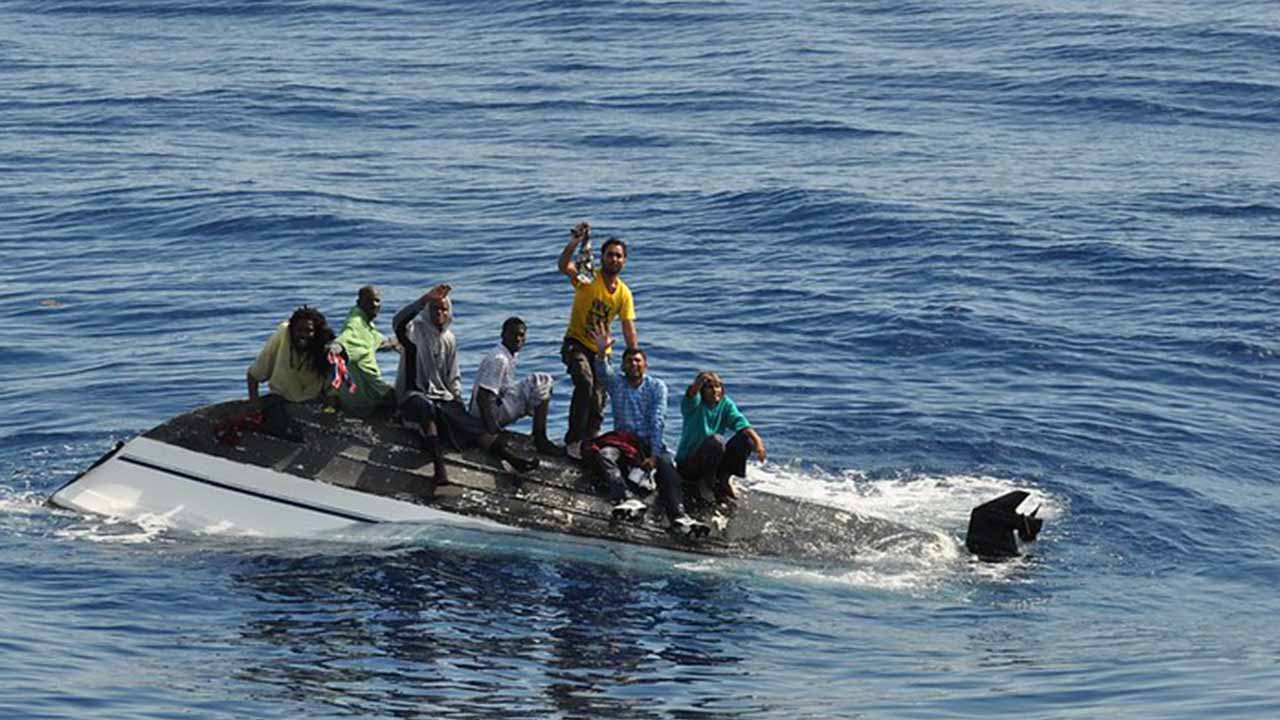There are approximately 281 million international migrants in the world today. More than 80 percent of them, United Nations’ chief António Guterres said, move between countries legally. However, illegal channels exist, and their use often results in human casualties.
“Today, huge migration flows are controlled by smugglers and human traffickers. This is completely unacceptable,” the UN Secretary-General said, emphasising that all control levers should be in the hands of states that are obliged to ensure safe migration.
According to the head of the UN, the only way to break out of the networks of smugglers and traffickers is to establish legal migration channels.
Also Read- The Frigid Side of The Great Migration Dream
“We must better protect migrants in vulnerable situations, including those affected by natural disasters and climate shocks, … expand and diversify legal migration routes to address labour shortages and advance the Sustainable Development Goals,” stressed António Guterres.
Safe Migration Is Crucial
Today, there are over 258 million migrants around the world living outside their country of birth. This figure is expected to grow for a number of reasons, including population growth, increasing connectivity, trade, rising inequality, demographic imbalances and climate change. Migration provides immense opportunity and benefits – for the migrants, host communities and communities of origin, says the United Nations.
However, without proper management, according to the United Nations, it leads to the tragic death of people, the growth of social tension and the grossest violations of human rights. All these problems can and should be solved through effective management of migration flows, including within the framework of international cooperation.
Migration has many advantages: it solves the problem of labour shortages, promotes interaction between people in the cultural, economic and social fields. Returning to their countries of origin, migrants use their accumulated experience and scientific and technical potential.
Meanwhile, many migrants face unimaginable problems and hardships. They are forced to work for pennies, in unsafe conditions, often illegally.
Often migrants fall into bondage and become victims of forced labour. Many of them face unthinkable discrimination, stigmatisation, racism and xenophobia. In recent years, major migratory movements have resulted in thousands of deaths.
By adopting the Global Compact on Migration, the international community, António Guterres said, reaffirmed its commitment to ensure that migration benefits all, that it leads to prosperity and solidarity, and not be associated with inhumanity. The treaty was adopted in December 2018 at an international conference in Marrakesh and then approved by the General Assembly. It is designed to end the suffering of people who have gone in search of a better life and work in other countries, to manage migration processes in the interests of the migrants themselves and the states – both host countries and countries of origin.
However, three years later, these tasks remain even more relevant. The UN chief thanked everyone who helps migrants integrate into host countries, facilitates legal migration channels and expands cooperation between countries of origin, transit and destination. However, much more needs to be done in all these areas.
In this report, Guterres presented a number of recommendations to improve the situation of migrants, including the proposal to take into account their rights and interests in the fight against COVID-19 and in the recovery process after the pandemic. The head of the UN believes that it is extremely important to expand legal migration channels and abandon the practice of forcibly returning people to their homeland.


























